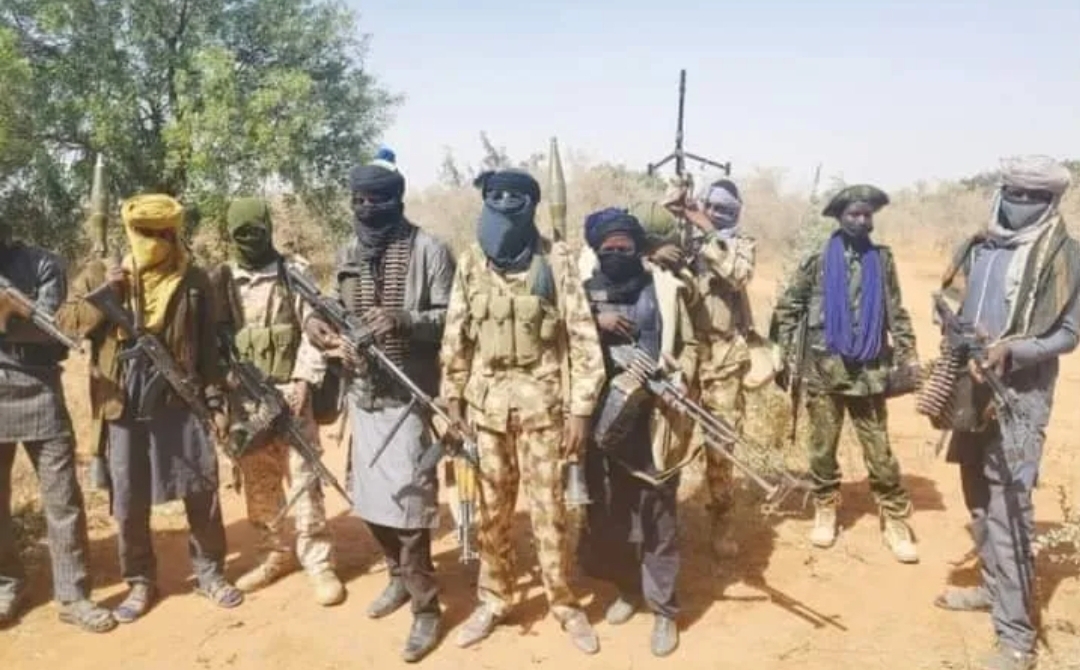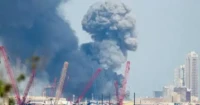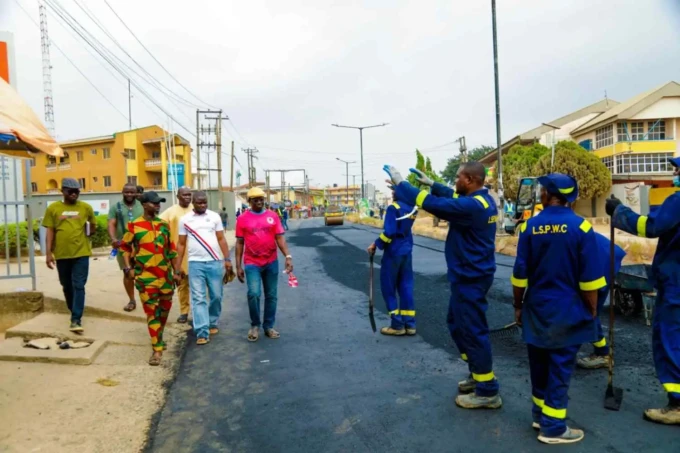In early 2025, Boko Haram and its offshoot, the Islamic State West Africa Province (ISWAP), have intensified their insurgent activities in northeastern Nigeria, presenting significant challenges to the nation’s military forces. The resurgence is marked by a series of coordinated attacks, sophisticated tactics, and territorial gains that have destabilized the region and overwhelmed security forces.
Between November 2024 and April 2025, Boko Haram and ISWAP conducted over 250 attacks, resulting in the deaths of more than 100 military personnel and over 200 civilians. These assaults have targeted military outposts, police stations, and rural communities, employing advanced methods such as improvised explosive devices (IEDs), ambushes, and coordinated raids on internally displaced persons (IDP) camps and farming communities.
The insurgents have also demonstrated tactical evolution by utilizing drones and other advanced technologies, enhancing their operational capabilities and complicating military responses. For instance, in January 2025, a suicide bombing in Malam-Fatori, Borno State, orchestrated by ISWAP, resulted in the deaths of 27 Nigerian soldiers and the suicide bomber.
The Nigerian military’s response has been hampered by several factors, including understaffed and isolated outposts, delayed reinforcements, and logistical challenges. The withdrawal of Niger from the Multinational Joint Task Force (MNJTF) in March 2025 has further weakened cross-border patrols and intelligence-sharing, creating a security vacuum that insurgents have exploited.
Regional cooperation has also been strained, with neighboring countries like Niger and Chad facing internal challenges that affect their contributions to counter-insurgency efforts. The absence of military patrols along the extensive Nigeria-Niger border has provided insurgent groups with opportunities to regroup, smuggle weapons, and launch attacks.
In response to the escalating threat, Borno State Governor Babagana Zulum has called for a comprehensive approach that combines military action with socio-economic development, regional cooperation, and community engagement. He emphasized the need for continuous military operations, increased troop deployments, and the procurement of sophisticated equipment, including drones and anti-drone technologies.
The Northern Elders Forum has also expressed concern over the insurgents’ regrouping in the Lake Chad region and the Mandara Hills within Sambisa Forest, describing it as a significant threat to Nigeria’s stability and security. They have called for urgent attention and action from both the Nigerian government and its international partners.
Despite increased defense spending and new security leadership, systemic issues such as understaffed forces and insufficient reforms have hindered improvements. The Nigerian government faces mounting criticism both domestically and internationally for inadequate progress in addressing the insurgency.
The resurgence of Boko Haram and ISWAP underscores the need for a multifaceted strategy that addresses both the immediate security challenges and the underlying socio-economic factors contributing to the insurgency. Enhanced regional cooperation, improved intelligence capabilities, and sustained military operations are essential to restore stability in northeastern Nigeria.








Hmm, why does Boko Haram keep coming back stronger? Nigerias military needs a new approach. What do you think?
Isnt it time for Nigeria to rethink their strategy against Boko Haram? The military needs to step up their game!
Do you think Nigerias military can effectively combat Boko Harams resurgence? What strategies should they implement? Lets discuss!
I think the Nigerian military needs to step up its game to tackle the Boko Haram resurgence. They cant afford to let them gain more ground.
Do you think Nigeria needs international help to combat Boko Haram or should they handle it on their own? Lets discuss!